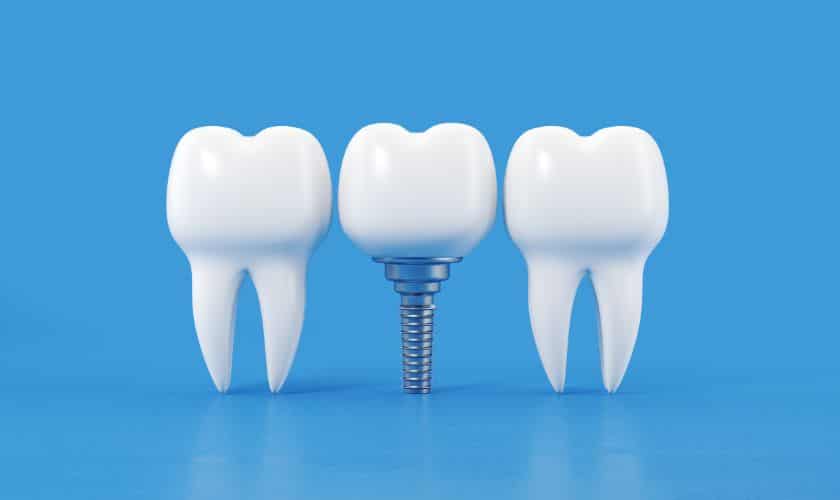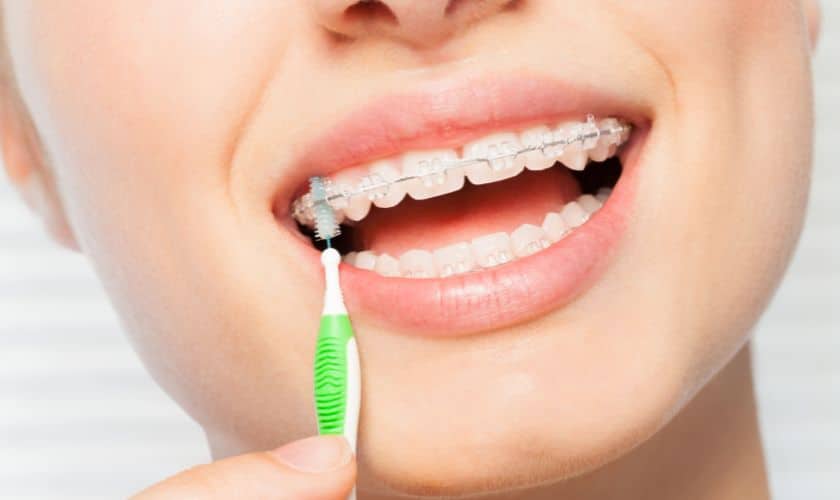Get Directions
9 Ways to Fix Sensitive Teeth: A Dentist’s Perspective
January 16, 2023

Introduction
If you experience persistent tooth sensitivity, it can be a sign of serious dental issues. Dental pain shouldn’t be taken lightly and should be addressed immediately. Fortunately, there are several ways to reduce or even prevent the discomfort associated with sensitive teeth. In this article, we offer nine tips from dentists on how to fix sensitive teeth.
1. Use the Right Toothpaste:
Not all toothpaste is created equal, and using one that is specifically designed for sensitive teeth can help reduce discomfort associated with thermal or sweet sensitivity. These types of toothpaste typically contain active ingredients like potassium nitrate, fluoride, and strontium chloride which help to desensitize your teeth.
2. Desensitize Your Teeth:
Professional desensitizing treatments use a special bonding agent that is applied to your teeth and helps to reduce sensitivity. This type of treatment can be done in the comfort of your own home and typically lasts anywhere from one to three years.
3. Avoid Acidic Foods and Drinks:
Consuming acidic foods and drinks can erode your teeth’s protective enamel layer, making them more vulnerable to sensitivity. Try to limit or avoid acidic food like citrus fruits, tomatoes, and sodas which can all cause problems for sensitive teeth.
4. Be Mindful of Brushing Habits:
Brushing too aggressively can worsen sensitivity. Use a soft-bristled toothbrush and gentle circular motions when brushing to reduce abrasion on your teeth.
5. Use Fluoride:
Applying fluoride directly to your teeth can help strengthen enamel, reducing sensitivity. You can use over-the-counter products like fluoride rinses and gels to do this.
6. Try an Oral Desensitizing Agent:
You can buy oral desensitizers over-the-counter or they can be prescribed by your dentist. These agents are typically applied directly to the sensitive area of your tooth, helping to reduce discomfort caused by hot and cold foods and drinks.
7. Try a Dental Sealant:
If you experience sensitivity in specific areas of your teeth, dental sealants can help. These are thin coatings applied to the surface of the tooth that protect it from irritants like cold and hot foods and drinks.
8. Get Regular Checkups:
Prevention is key when it comes to reducing tooth sensitivity. Regular checkups can help you to identify any potential issues early on and make sure that any treatments are completed promptly.
9. Consider Root Canal Therapy:
In some cases, root canal therapy may be required to reduce pain and discomfort caused by sensitive teeth. This procedure can help remove the damaged pulp of your tooth, preventing the spread of infection and reducing sensitivity.
Conclusion
Sensitive teeth can be a sign of serious dental issues, so it’s important to address any discomfort quickly. With the right steps, such as using toothpaste specifically designed for sensitive teeth and getting regular checkups, you can reduce your risk of developing more severe problems. Following the nine tips outlined in this article can help you to reduce or even prevent the discomfort associated with sensitive teeth.
Recent Post

More Than Just Whitening: Unveiling the Benefits of Cosmetic Dentistry in Corpus Christipen_spark

Can Invisalign Treatment in Corpus Christi Transform Your Smile?

Why Dental Implants Make the Perfect Mother’s Day Gift

Common Misconceptions About Dental Implants Debunked

